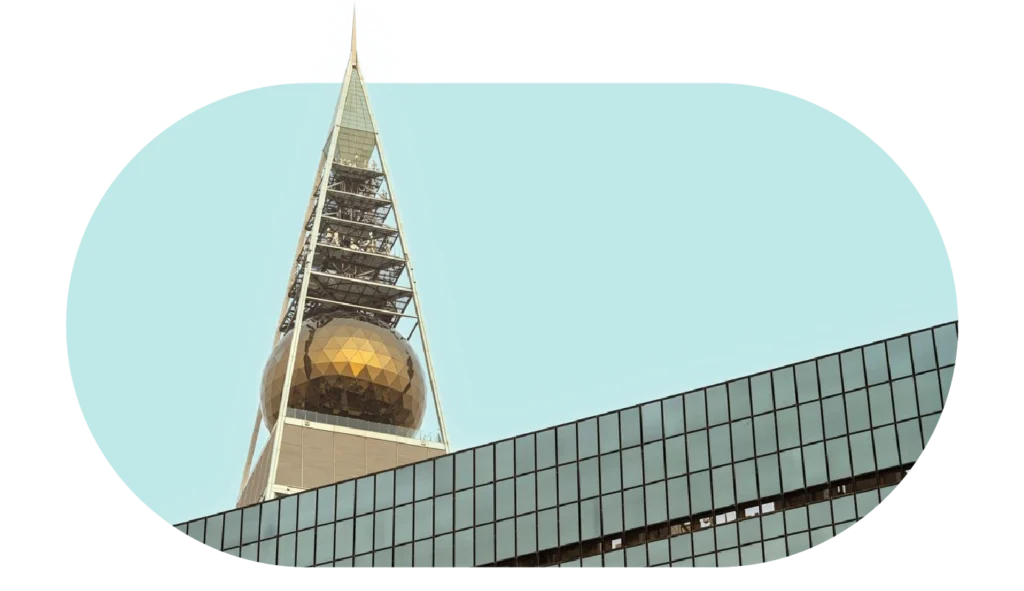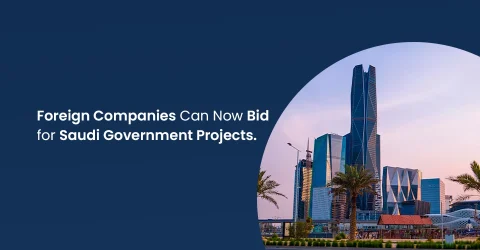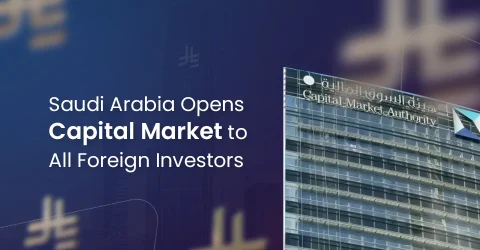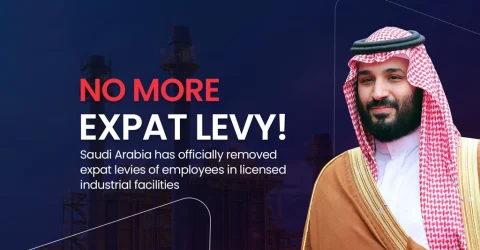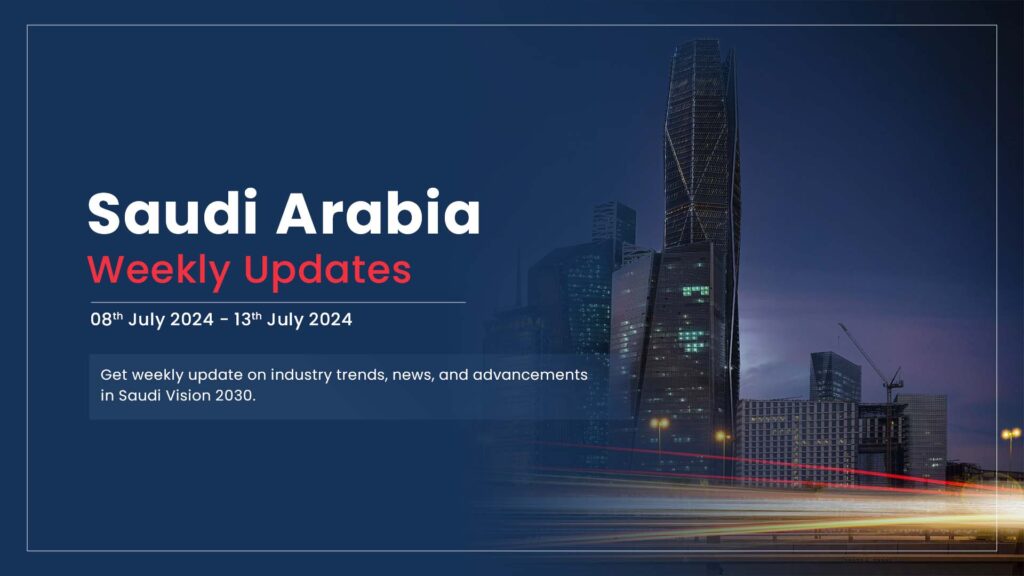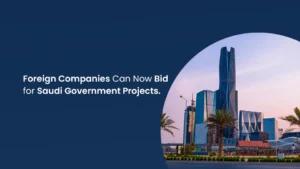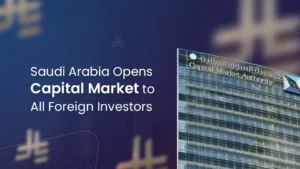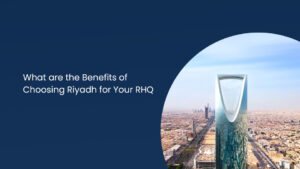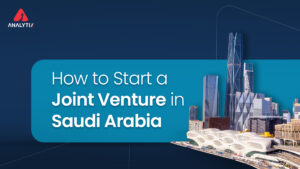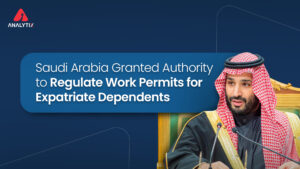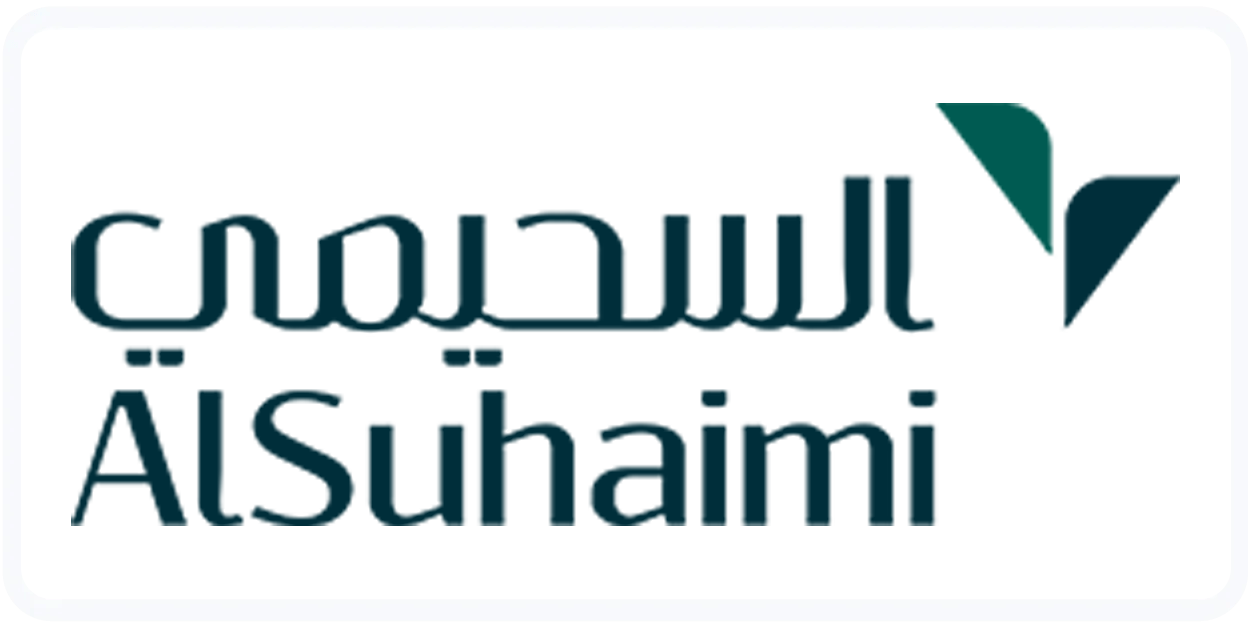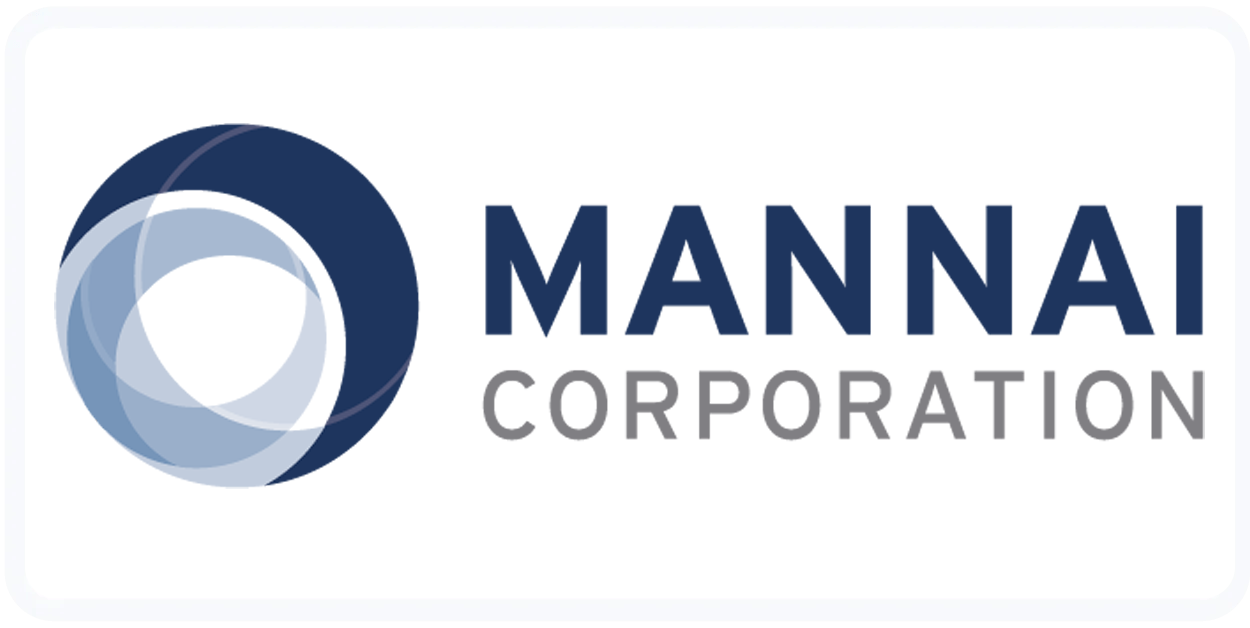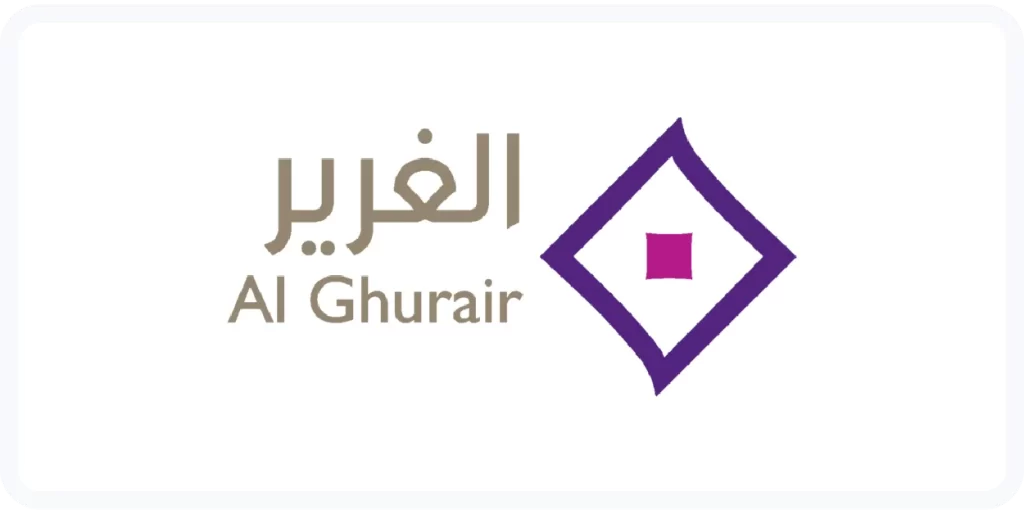Hello!
Ready to explore ‘Saudi Arabia this week’ by Analytix, with the latest weekly news updates and business insights from Saudi Arabia. Here we go!
From 08th June to 13th July 2024
17% surge in passenger traffic for Saudi Arabia’s Civil Aviation sector
RIYADH: The civil aviation sector in Saudi Arabia showed a remarkable rise in the first half of 2024. The passenger traffic grew by 17% to 62 million people, with 446,000 flights in total, up by 12% recorded in the last year 2023.
Air Cargo traffic also experienced an increase standing at 606,000 tonnes, an up by 41%. This is in line with the Kingdom’s vision to increase passenger traffic to 330 million people per year, connect to more than 250 places and increase the air cargo capacity to 4.5 million tonnes by 2030.
King Khalid International Airport was at the forefront of this growth with 17.7 million passengers and 132,000 flights, a year-on-year increase of 21% and 15% respectively. King Abdulaziz International Airport saw an increase of 16% to 24 million in passenger traffic and flights by 13% increase to 148,000. King Fahad International Airport achieved 6 million passengers and 45,000 flights with each having a growth of 15% rate. Prince Mohammed bin Abdulaziz International Airport recorded 5.6 million passengers and 39,000 flights, an increase by 20% and 22% respectively.
Other airports in the country together serve 8.8 million passengers, a 13% growth and 83,000 flights, an 11% growth.
These achievements were presented in the 13th meeting of the Aviation Sector Strategy Activation Steering Committee headed by the President of the GACA, highlighting the sector’s achievements in the beginning of 2024.
Saudi Cabinet sanctions the mining deals with Jordan, Gabon and Zimbabwe
RIYADH: Saudi Arabia’s Cabinet, led by Crown Prince Mohammed bin Salman, approved several vital agreements meant for the development of the country’s economy and global partnerships. Among the agreements are the mining deals with Jordan, Gabon and Zimbabwe, in line with Saudi Arabia’s desire to bring above the mining sector’s GDP to between $70 – $80 billion by 2030, up from the current $26 billion.
Apart from these mining agreements, Saudi Arabia has signed deals with China for modern transport, Singapore for halal product quality and the African Civil Aviation Commission. These agreements are a part of the Saudi Arabia’s economic diversification strategy, whereby non-oil sectors have made 50% contribution in 2023.
The Cabinet also evaluated the annual reports of the Ministry of Tourism and Cultural Development Fund with regard to infrastructure development, service quality improvement, sector growth, and investment attraction activities. The Minister of Information, Salman bin Yousef Al-Dosari also pointed out the efforts aimed to develop national industries and form sustainable economic development.
More agreements were in the sector of communication and information technology with Greece and in public sector leadership with Singapore. Saudi Arabia also signed a cultural cooperation MoU with Bahrain.
Additionally, the Cabinet approved financial statements of organizations like the General Authority for Survey, Digital Government Authority, and Imam Muhammad bin Saud Islamic University to enhance bilateral relations and promote international cooperation in various sectors. The meeting focused on increasing the engagement of Saudi men and women in developing initiatives and work towards Vision 2030’s unemployment rate of 7%.
Saudia Arabia tops regional VC activity in H1 with $412m
Saudi Arabia has remained the leading country in venture capital funding in the Middle East and North Africa, raising $412 million in the first half of 2024. This is the second year in a row that the Kingdom is in the lead, despite a slight decline of 7% compared to the last year. Among this funding, 32% of the $ 130 million deal came from Salla, the biggest single investment in the region so far in the current year.
Saudi Arabia is the second most active country with the MENA region in terms of transactions, accounting to 30% of the total transactions. The Kingdom’s proportion of the regional funding also grew from 38% in early 2023 rose to 54% in the first half of 2024, showing its growing influence.
Philip Bahoshy, MAGNiTT CEO, mentioned how the Kingdom has maintained ecosystem growth despite some economic challenges. He pointed out that non-mega deal funding increased by 84%, showing a strong growth outside of mega-deal investments. Fintech was the most active sector in terms of transactions, whereas e-commerce took the largest share of funding, with two of the five most significant deals coming from Saudi Arabia’s e-commerce sector.
Investor involvement remains strong, with 72 companies financing Saudi startups, rising from 62 last year. Foreign investors recorded a 28% of the overall contributors, a significant increase brought in by strategic policies and support from Saudi Venture Capital Co., and Jada Fund of Fund.
Bahoshy highlighted Saudi Arabia’s proactive policies and support structures, that encouraged early-stage investments. He expects the second half of 2024 to be better, due to the potential economic shifts and increased activity in the region.
Savills predicts Riyadh to be amongst top 15 fastest-growing cities by 2033
RIYADH: Riyadh is projected to be one of the 15 fastest-growing cities by 2033, resulting from a 26% rise in population and the government’s ongoing investment in infrastructures. The Savills Growth Hubs Index includes Riyadh in the list of non-Asian cities, with the population of the city to increase from 5.9 million to 9.2 million in the next decade.
This increase is in line with Saudi Arabia’s Vision 2030, making Riyadh one of the leading residential and business hub while diversifying the economy. Richard Paul of Savills Middle East highlighted that 67% of the people in the city are under thirty-five years improving employment and spending power.
Riyadh’s office and retail sectors remain buoyant due to the demand of regional headquarters and tourism. More than 120 international companies relocated their regional headquarters to Riyadh in the first quarter, a 477% increase compared to last year. Incentives for multinational corporations include a tax exemption for 30 years.
Prominent companies like Northern Trust, Bechtel, and EY have their regional headquarters in Riyadh, further cementing its status as a business hub. Savills reports that FDI inflow into Saudi Arabia has increased by 5.6% in the first quarter to SR 9.5 billion ($ 2.53 billion).
The Savills report also explains that Indian and Chinese cities dominate the top 15, highlighting global economic development is slowly shifting from west to east. These cities are expected to show an increase in GDP and middle-class population thus leading to high demand for offices, manufacturing and retail spaces.

